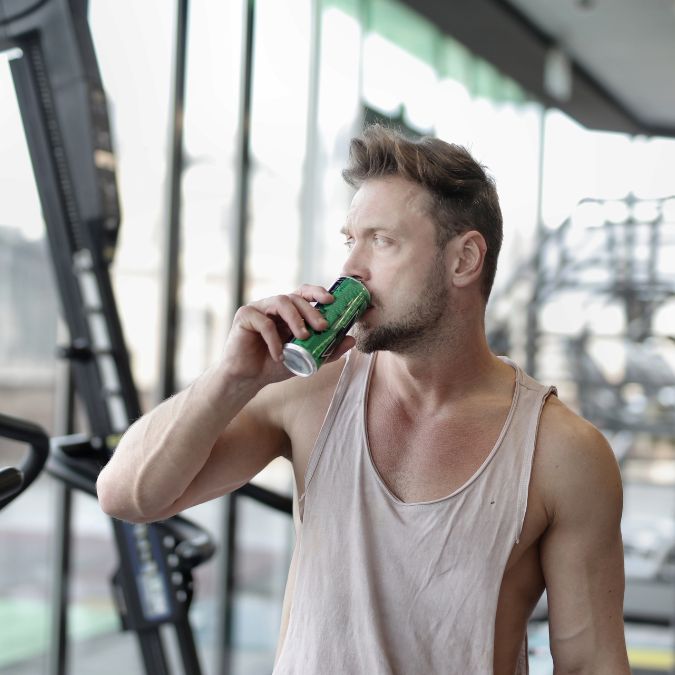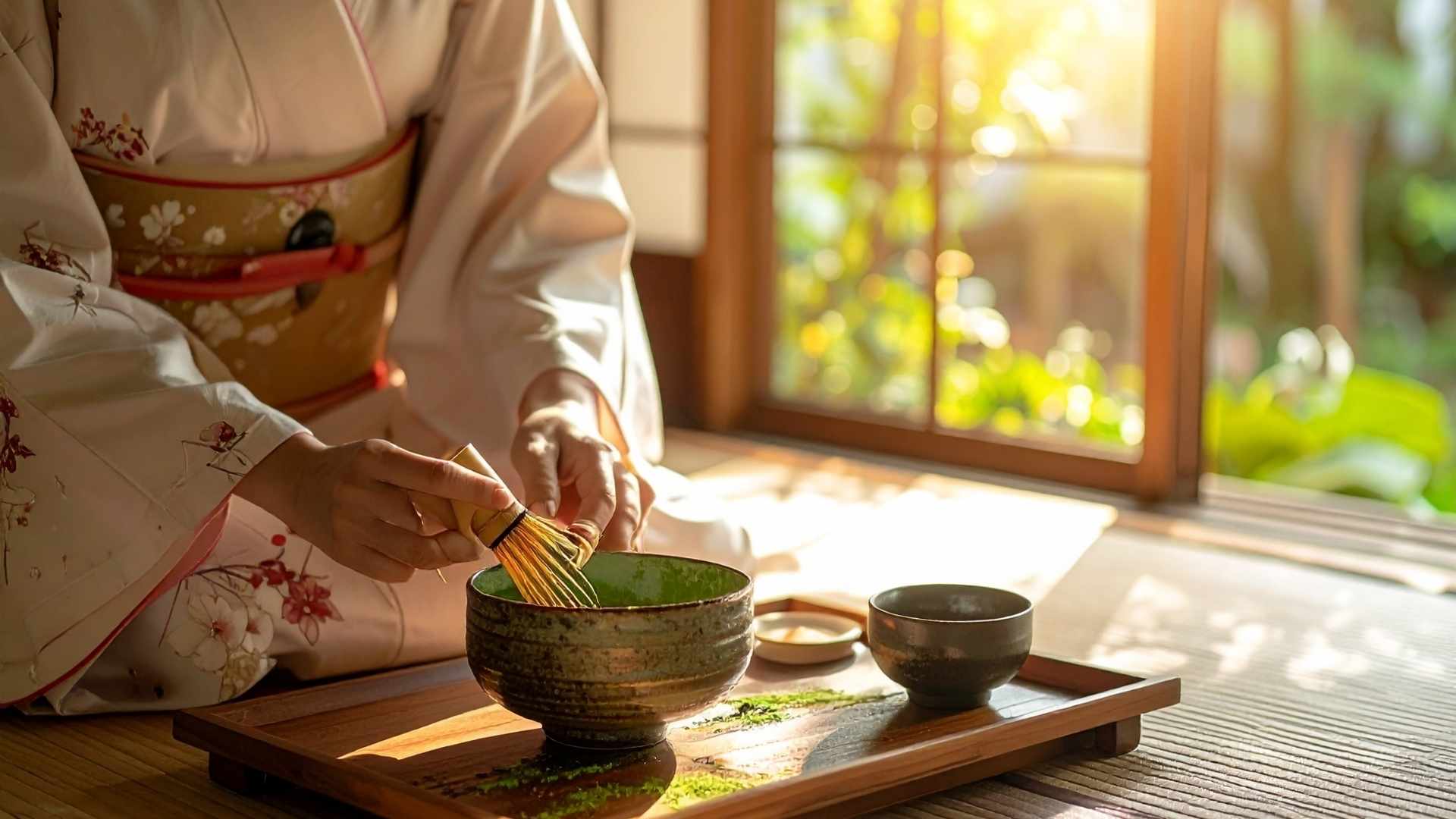We continue the exciting analysis that we started in a previous article, comparing energy drinks with our beloved matcha tea.
In today's article, we will look at the benefits of each and what we need to know regarding our health.
Let’s get started!
Clear Benefits: From Shiny Cans to Green Cups
In a world where every minute counts, it’s no surprise that we seek allies to help us perform at our best. Energy drinks and matcha tea, each with their own merits, have become the go-to options for those seeking that energy boost.
Energy drinks, with their characteristic shine and promises of immediate activation, offer just that: a quick energy surge. Thanks to their high caffeine and sugar content, many users report feeling more awake and ready to face whatever comes their way just a few minutes after consuming a can. Additionally, this energizing cocktail can temporarily improve concentration and alertness, making those extra hours of work or study a bit less exhausting.
However, if what you're looking for is a calmer but equally effective ally, matcha tea is your best option. Unlike energy drinks, matcha releases caffeine gradually, providing sustained energy without the ups and downs that we sometimes experience with other stimulants. But the magic of matcha doesn’t stop there. This green powder is an antioxidant treasure, which means that while it helps you stay awake, it also combats free radicals, protecting your body. And for those who need to concentrate without the anxiety, L-theanine, found in matcha, is the perfect solution. This amino acid promotes a sense of calm and focus, allowing you to concentrate on your tasks without feeling overwhelmed. Who wouldn’t like that?
In the end, both energy drinks and matcha tea offer benefits that cater to different needs and lifestyles. The choice is yours, depending on how you want to feel and how you want that energy to accompany you throughout the day.
Beyond the Boost: What We Need to Know about Energy Drinks and Matcha
As with many things in life, when it comes to what we consume, it is essential to know not only the benefits but also the possible contraindications. Energy drinks and matcha tea, despite their advantages, do not escape our scrutiny.
Energy drinks, with their powerful mix of ingredients, have a dark side that should not be ignored. One of the most notable risks is their high caffeine and sugar content. While caffeine can provide that boost we seek, excessive intake can lead to adverse effects. It's not uncommon to hear about someone experiencing palpitations, increased blood pressure, or even anxiety after consuming several cans. Sugar, on the other hand, can cause energy spikes followed by abrupt crashes, not to mention its link to long-term health issues. Furthermore, we cannot forget about insomnia, an unwanted yet common companion when these drinks are abused, especially if consumed close to bedtime.
On the other hand, matcha tea, with its aura of serenity and well-being, also has its points to consider. Caffeine is present, and while its release is more gradual, those sensitive to this component should moderate their intake. But perhaps the most relevant aspect is the quality of the matcha we choose. Low-quality matcha or that from unreliable sources may contain contaminants such as pesticides or heavy metals. If you plan to incorporate this tea into your routine, it’s vital to choose a high-quality option, preferably organic and from reputable sources, like the one we have in our online store.
From Stadiums to Cafés: Popular Culture Gets Energized
Popular culture is a faithful reflection of our society, and in it, beverage trends are no exception. Whether in the fervor of a stadium or the tranquility of an artisanal café, energy drinks and matcha tea have found a space to shine.
Let’s start with energy drinks. If you've attended a sporting event in the last decade, you've likely seen more than one can with shiny logos making an appearance. Whether in the hands of athletes or at concession stands, these drinks have become synonymous with endurance and explosive energy. And not just in sports, but also at parties. During long nights, where music and dancing don’t take a break, many people mix them (sometimes in not-so-recommended ways) with other beverages to stay on their feet. And, of course, there are those marathon study sessions, where students look for that boost to finish a project or study for an exam.
On the other hand, matcha tea, with its roots in tradition and ceremony, has experienced a renaissance in contemporary popular culture. While its use in traditional Japanese ceremonies remains a rite of serenity and connection, today it’s not uncommon to find it on the menus of modern cafés. Matcha lattes, desserts, ice creams, even cocktails, this green powder has transcended borders and adapted to global tastes. Its distinctive flavor and health benefits have made it a favorite in modern recipes that seek to blend tradition with innovation.
The presence of these beverages in popular culture is a testament to how we adapt and adopt trends, giving them our own stamp and making them part of our collective narrative.
At Matchaflix, we will always advocate for and promote the use of matcha tea as a natural beverage, sugar-free, calorie-free, and excellent for the body. But in the end, the consumer is the one who decides.
What do you choose?
@matchaflix 🇩🇪🔋 vs 🍵🇯🇵 #monster #chemistry #didyouknow #energydrinks #matcha #energy #comparison ♬ Einaudi: Experience - Ludovico Einaudi & Daniel Hope & I Virtuosi Italiani




Share: